Mining
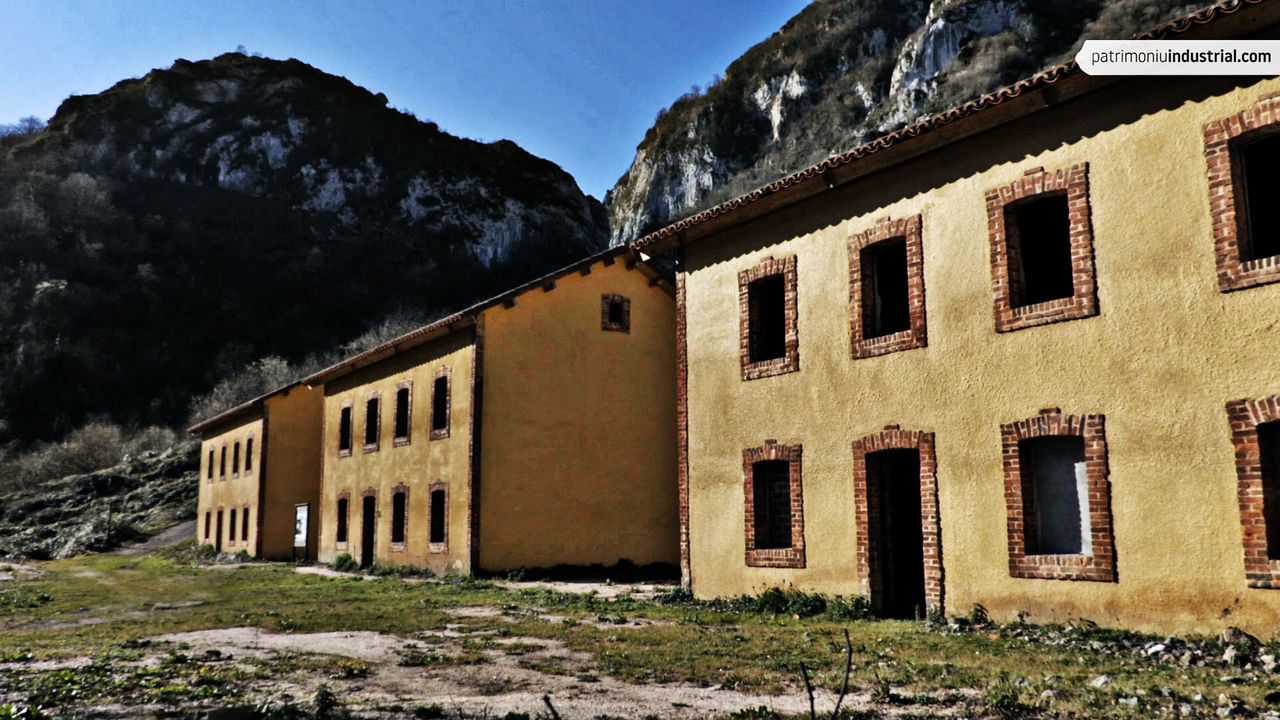
340530593
Rioseco Miners Village
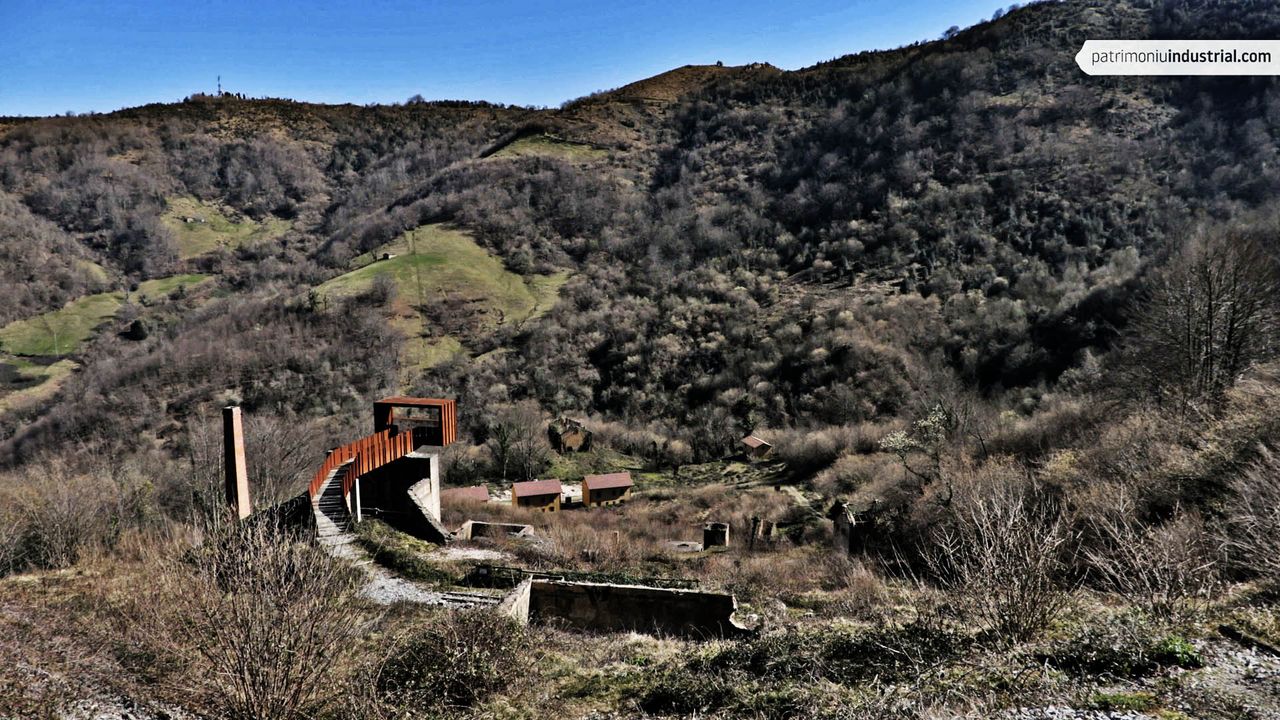
340515951
Aramo Mines
In 1888, Alexander Van Straalen from Belgium discovered a series of extraordinary copper and cobalt mines in the Aramo mountain chain that had already been exploited around two thousand years BC.
The Aramo mines are located near the town of Llamo (Riosa). In order to get there, a steep stony road from Rioseco needs to be walked up. It consists of a primary mineralization composed of complex copper and cobalt sulphides, with nickel. It was exploited intermittently from the late 19th century to the mid-20th century. The products rich in copper and cobalt were commercialized.
The copper extraction was complemented by the other two metals mentioned above. Initially, The Aramo Copper Mines, Ltd. company was dedicated to the exploitation and it went through different ups and downs (from 1893 to the beginning of the last century). Later on, it was closed down by the Asturian Mining Metallurgic entity in 1955. The first company exploited some old spoil tips containing about 19% cobalt, and later exploited the primary constituents, essentially copper, by means of underground mining. Currently, the company Asturmet Recursos carries out prospections in the area and nearby, in order to define the profitability of the deposit for cobalt and copper.
The ore belongs to the lithological unit known as "mountain limestone" from the Carboniferous period and it is related to a tectonic fault in an East-West direction. It consists of several veins (with an average thickness of 25 centimeters); some coinciding with the orientation of the fault. The mineralization is also associated to clayey deposits rich in secondary minerals which fill karstic cavities. Cobalt is found in the form of hydrated, slightly nickeliferous oxides, arsenates (eritrite) and sulfoarsenides (cobaltite and skutterudite).
In the Oviedo Archaeological Museum there are human skeletons that are believed to have died in mining accidents, as they still had their working tools next to them, such as stone hammers, deer antlers, wedges, bone knives, etc.
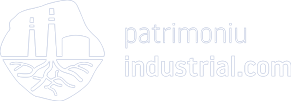

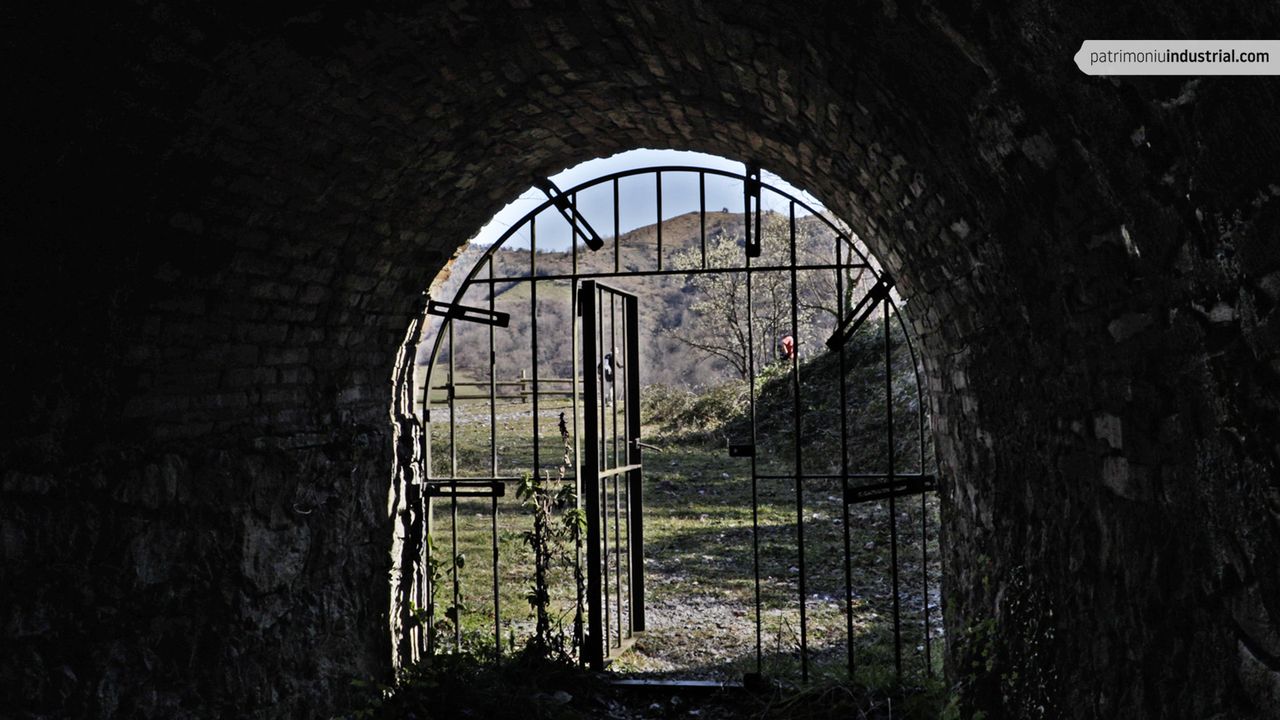
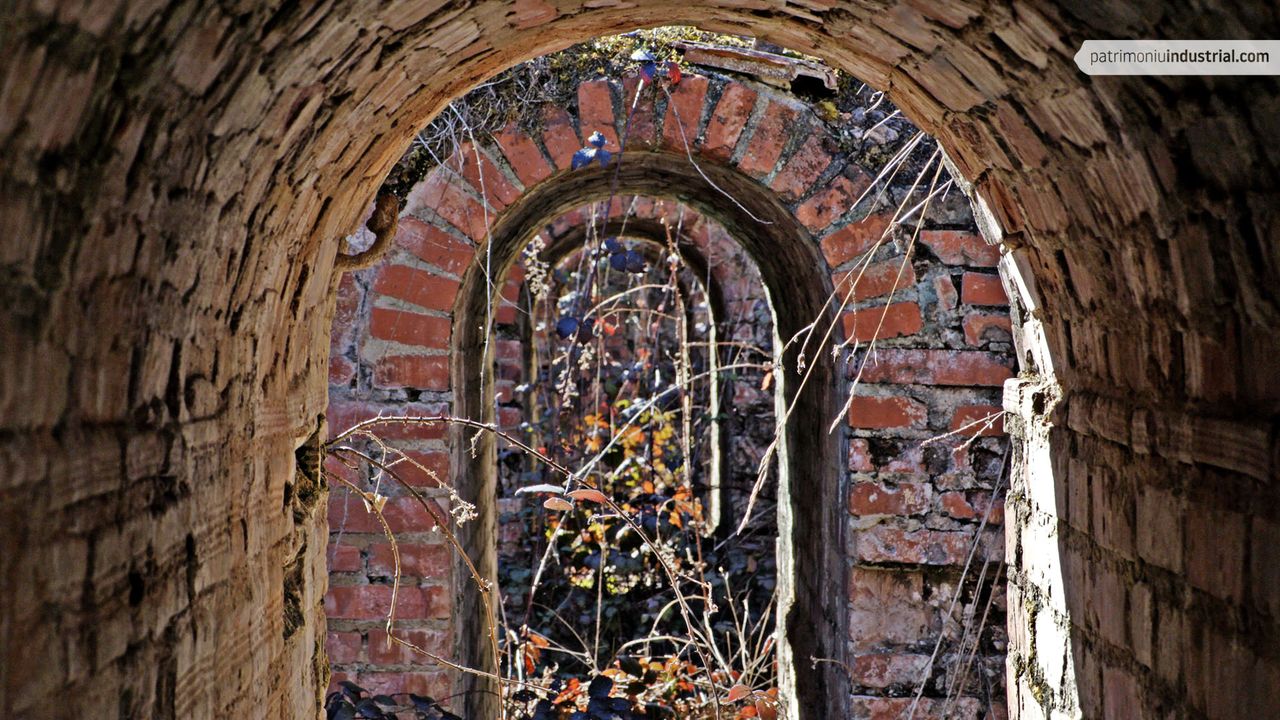
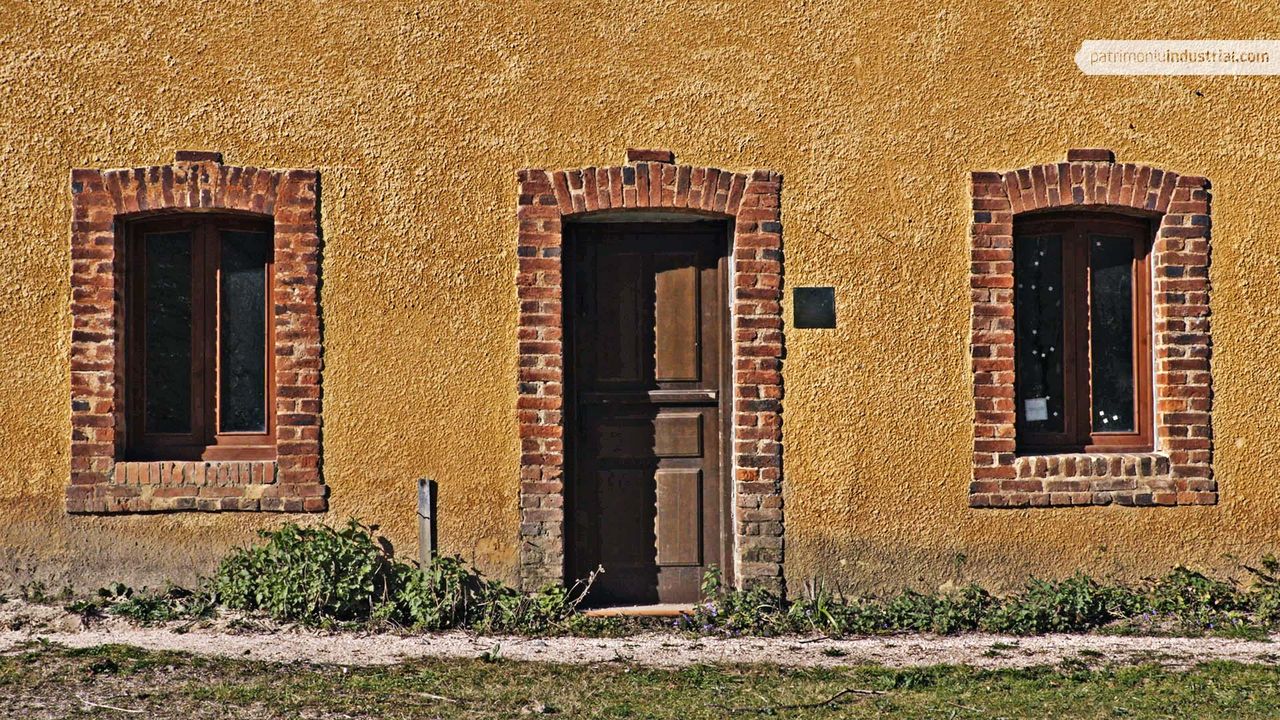
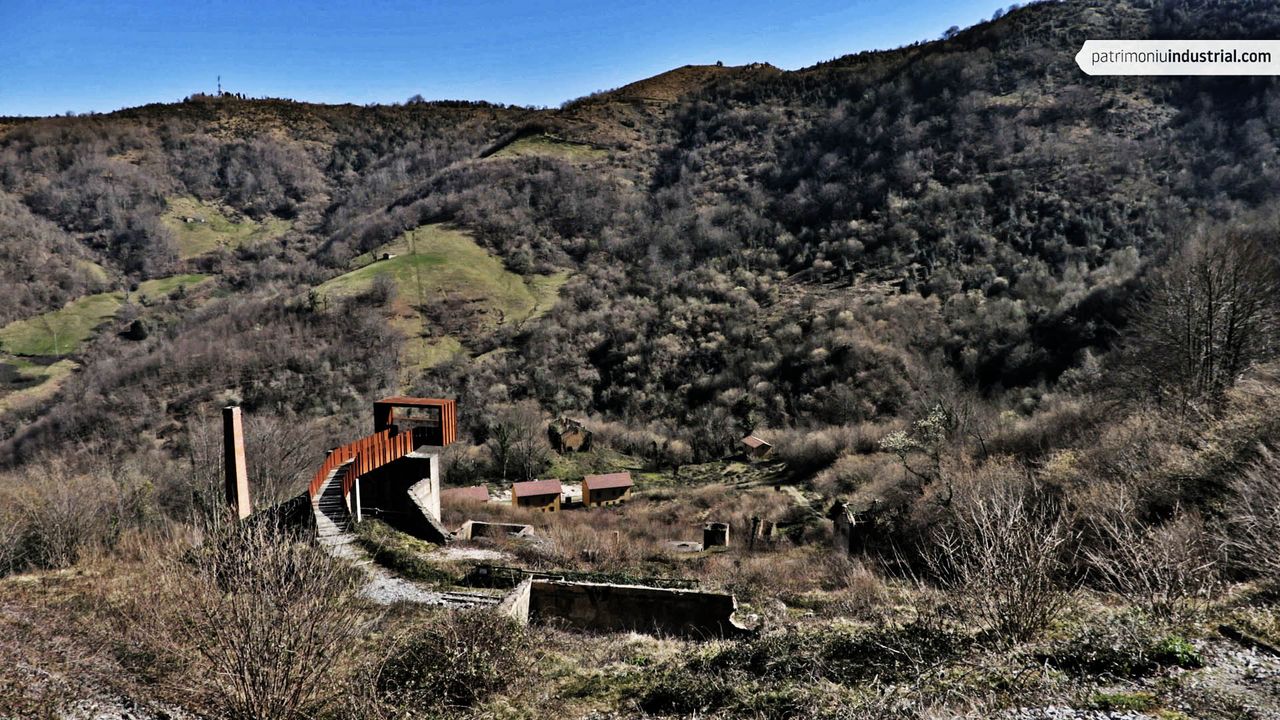

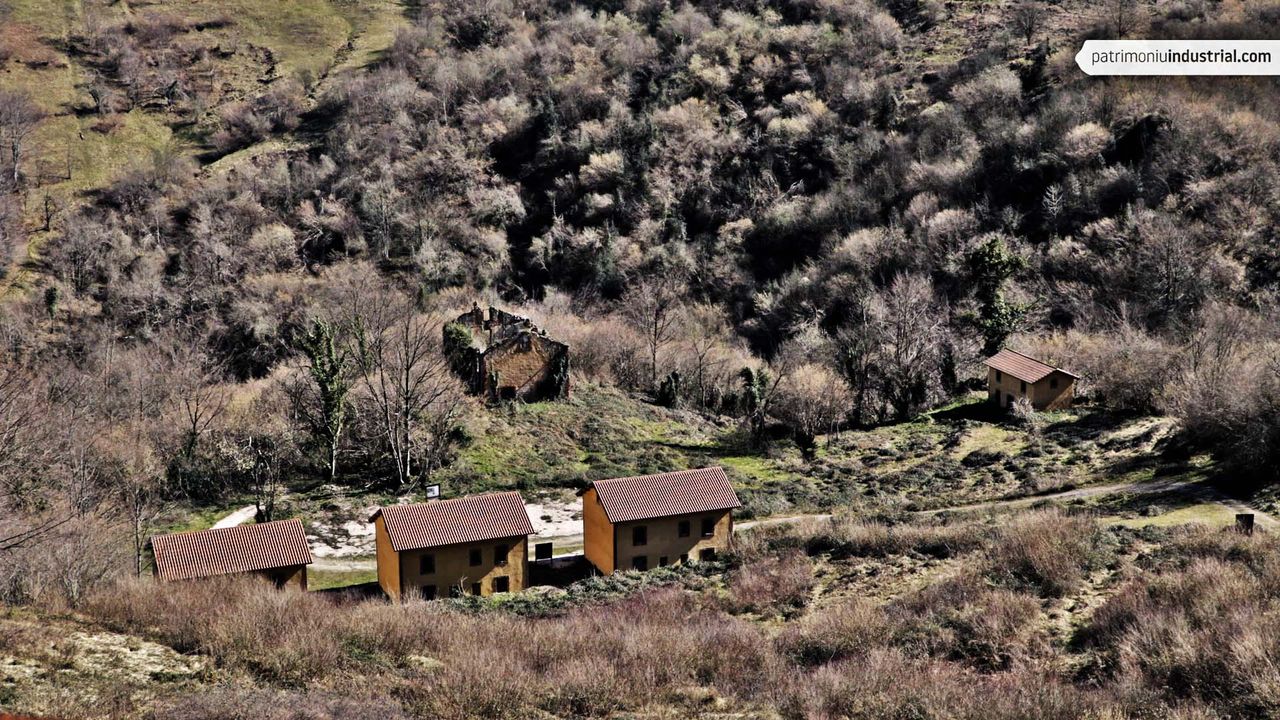
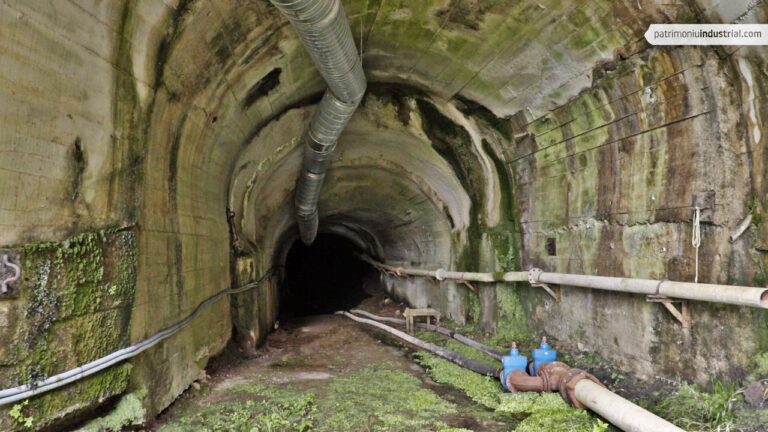
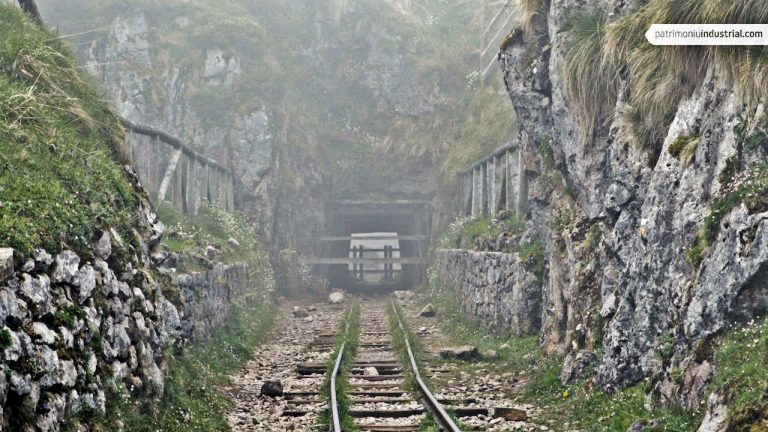
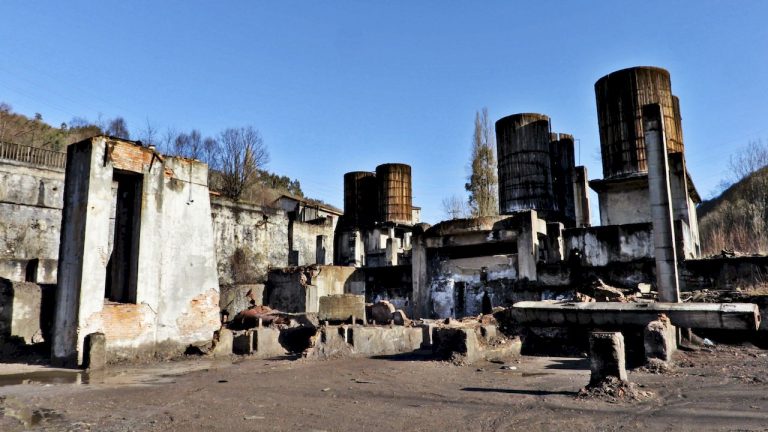

Recent Comments